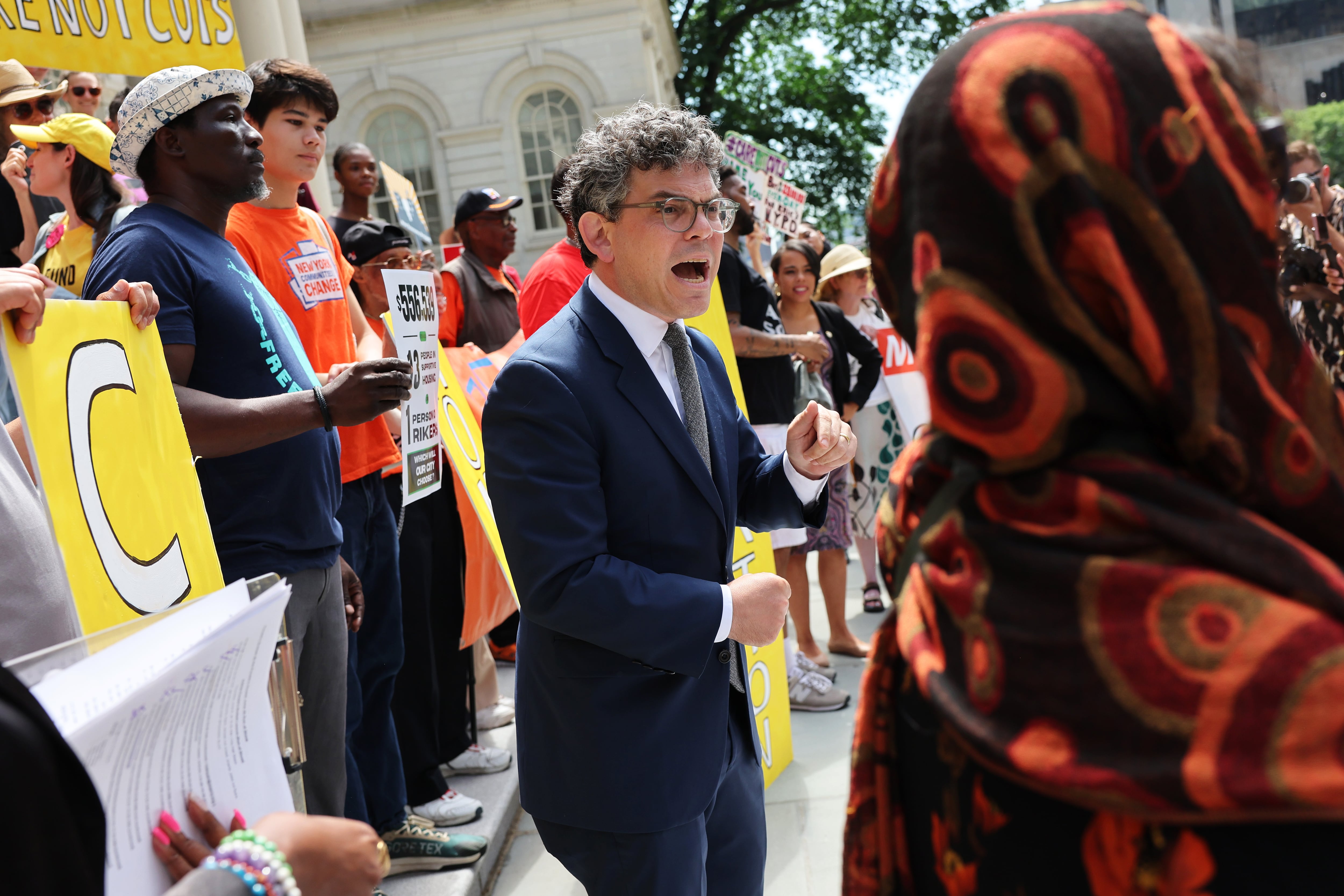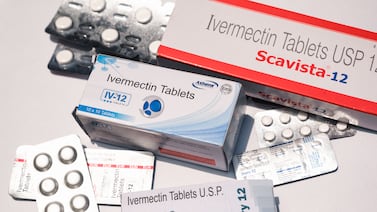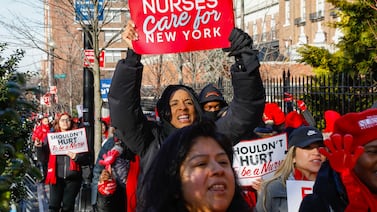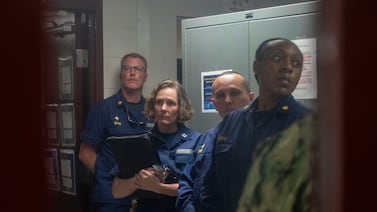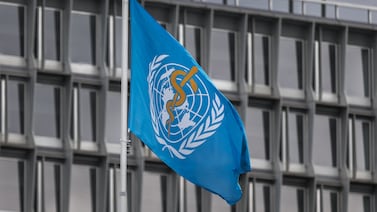Public health, explained: Sign up to receive Healthbeat’s free New York City newsletter here.
With New York City’s federal health funding under threat, some local leaders want to “Trump proof” the city’s public health infrastructure.
In March, the federal government terminated more than $100 million in funding for the New York City Department of Health and Mental Hygiene, primarily impacting its infectious disease surveillance and outbreak response work. Those cuts, temporarily blocked by a federal judge last month, came as the city faced an increase in tuberculosis cases, scattered measles cases and the continued spread of bird flu.
New York City Council Speaker Adrienne Adams, a Queens Democrat, and City Council members Justin Brannan and Lincoln Restler, Brooklyn Democrats, recently proposed countering federal funding instability by investing $10 million in the city’s public health infrastructure.
Their plan would include $8 million to expand vaccine access through neighborhood health clinics, $1 million to create an infectious disease dashboard, and $1 million to increase restaurant inspections. The trio has also proposed deeper investments in the city’s counterterrorism work, natural disaster preparation and weather forecasting abilities.
New York and other states are challenging the recent HHS cuts and policy changes in court. The city budget, meanwhile, is due in June. Mayor Eric Adams’ $115.1 billion executive budget proposal, released last week, includes a number of health investments, including a significant allocation for school nurses, a $10 million investment in the Health Department’s “Groceries to Go” program, which supports food-insecure residents, and a $7.2 million investment for tuberculosis case management.
In an interview this week with Healthbeat, Restler, the chair of the Committee on Governmental Operations, State & Federal Legislation, makes the case for bolstering New York City’s public health infrastructure. This interview has been edited for length and clarity.
How do you see the role of the City Council in this particular political moment?
We are facing unprecedented chaos out of Washington, D.C. The Trump administration and the Republicans in Congress are threatening critical funding streams and core services that the federal government has always taken care of to keep the people of New York City safe and healthy. Yet we have a mayor who is unwilling to challenge President [Donald] Trump, which leaves New Yorkers without leadership. The City Council has a critical role to play in fighting for the resources we need, mobilizing influential stakeholders from across the city, and making smart, targeted investments to protect the well-being of New Yorkers.
The City of New York cannot plug every hole that the federal government is creating. We can make smart, targeted investments to “Trump proof” the worst of the worst policy decisions out of Washington, to keep our neighbors safe.
Can you talk about these public health proposals, and why you think they’re needed?
In our Trump-proofing plan that we released with Speaker Adams and Finance Chair Brannan, we have focused on shifts in federal government policy or funding that have already taken effect. The confirmation of an anti-vaxxer as HHS Secretary is alarming, and [Robert F. Kennedy Jr.’s] decision to lay off 20,000 departmental workers is frightening for our collective public health. With measles outbreaks across the country, especially in the Southwest, we can no longer depend on the Trump administration and the [Centers for Disease Control and Prevention] to keep us safe.
We need to take action here in New York City to expand access to immunizations and vaccinations and launch public awareness campaigns to encourage uptake of the measles vaccine. We propose repurposing space in underutilized Department of Health and Mental Hygiene and [NYC Health + Hospitals] Gotham facilities to expand access to immunizations and vaccinations for New Yorkers.
If the CDC is no longer putting out trusted, reliable information about infectious diseases, then we need to mobilize the expertise from New York City to get reliable information out to New Yorkers. We propose that our city health agencies convene the leading hospitals and research institutions in New York City to create a real-time, accessible dashboard to provide useful information about public health risks that we may be facing.
And lastly, with the severe cuts at the [Food and Drug Administration], we want to make sure that foodborne illnesses do not disproportionately hurt New Yorkers. We proposed expanding restaurant inspections, which are unfortunately down in the Adams administration, to ensure that we are meeting high standards for food safety across restaurants in New York City.
This proposed $10 million investment is a fraction of the more than $100 million the city Health Department could lose from the federal government. How have you thought about what to prioritize?
The cuts that the federal government has imposed on the state and city departments of health are devastating. Unfortunately, over 8% of our city budget comes from the federal government, and we cannot fill every cut that has already been made and that has been proposed. But we have to prioritize the areas where the federal government is in retreat from its core responsibilities and where we need to step up to keep New Yorkers healthy and safe. So we’ve prioritized the areas where we believe we can make the biggest impact in ensuring the well-being of New Yorkers.
With the state budget still not yet finalized, ongoing federal cuts, and potential Medicaid cuts on the horizon, how are you navigating the city budget process?
As a councilman, I can say that there is significant uncertainty with the budget process this year. We’re hurtling toward a recession caused by the Trump administration’s reckless policies, which means we’re facing a double whammy of less revenue as a result of the Trump tariffs and the economic downturn that they are creating, and steep cuts to government programs that the federal government has historically funded. And we’re going to have to pass a city budget before we fully understand the scope of the economic downturn or the pending budget cuts.
It’s important that we put more funding aside in reserves and a rainy day fund this year to have some extra cushion to stabilize city finances when the chaos from Washington reaches our shores. But we can’t just sit idly by and hope that the insanity and depravity of the Trump administration won’t impact us. It already is — and that’s why my colleagues and I are proposing targeted investments to keep us safe and healthy during these turbulent times.
Eliza Fawcett is a reporter covering public health in New York City for Healthbeat. Contact Eliza at efawcett@healthbeat.org.

